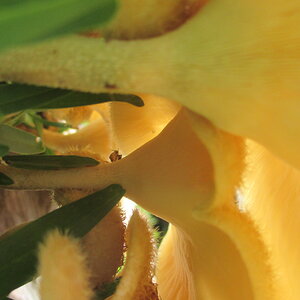jessedpeters
TPF Noob!
- Joined
- Jun 9, 2014
- Messages
- 7
- Reaction score
- 0
Hey so I'm wanting to get into photography. Manly for my own pleasure. Not anything extremely serious. What I want to get is a good camera that I don't have to kill my wallet for and still be able to take good quality pictures for a few years. Not interested in making videos. My main focus will be nature and wildlife. What would be a good camera and a set of lenses for what I want? Any serious suggestions are appreciated!


![[No title]](/data/xfmg/thumbnail/41/41936-6640bf1c1d4b16a38584d756ef285c5e.jpg?1619739947)
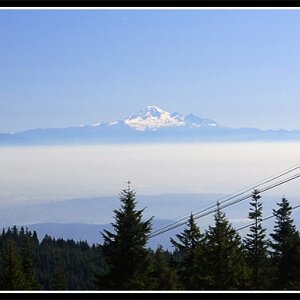
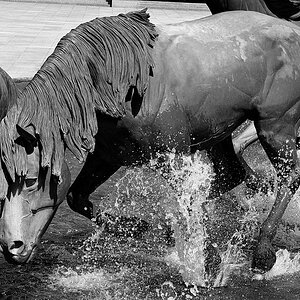
![[No title]](/data/xfmg/thumbnail/41/41935-851da2b46dc9cbb829c8c42b2aa84873.jpg?1619739947)
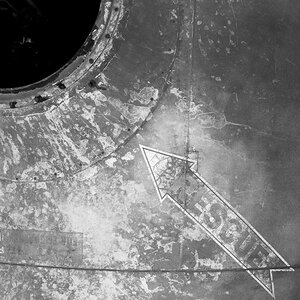
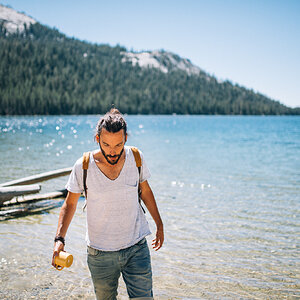
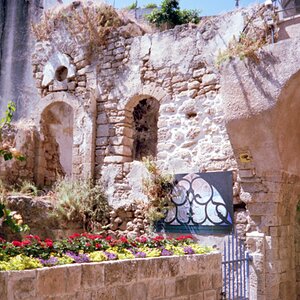
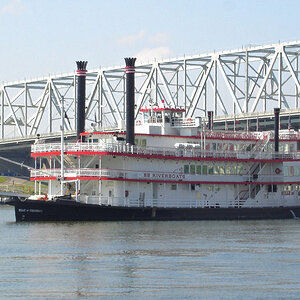
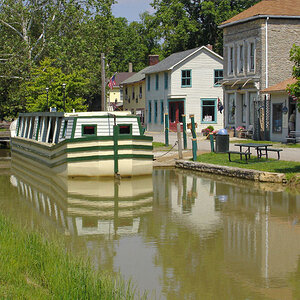
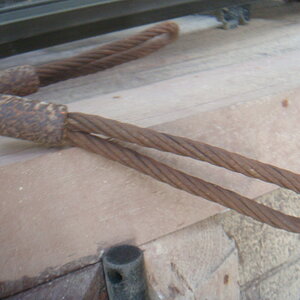
![[No title]](/data/xfmg/thumbnail/31/31754-af76ae89cc75bd1855937374ff359efe.jpg?1619734992)
